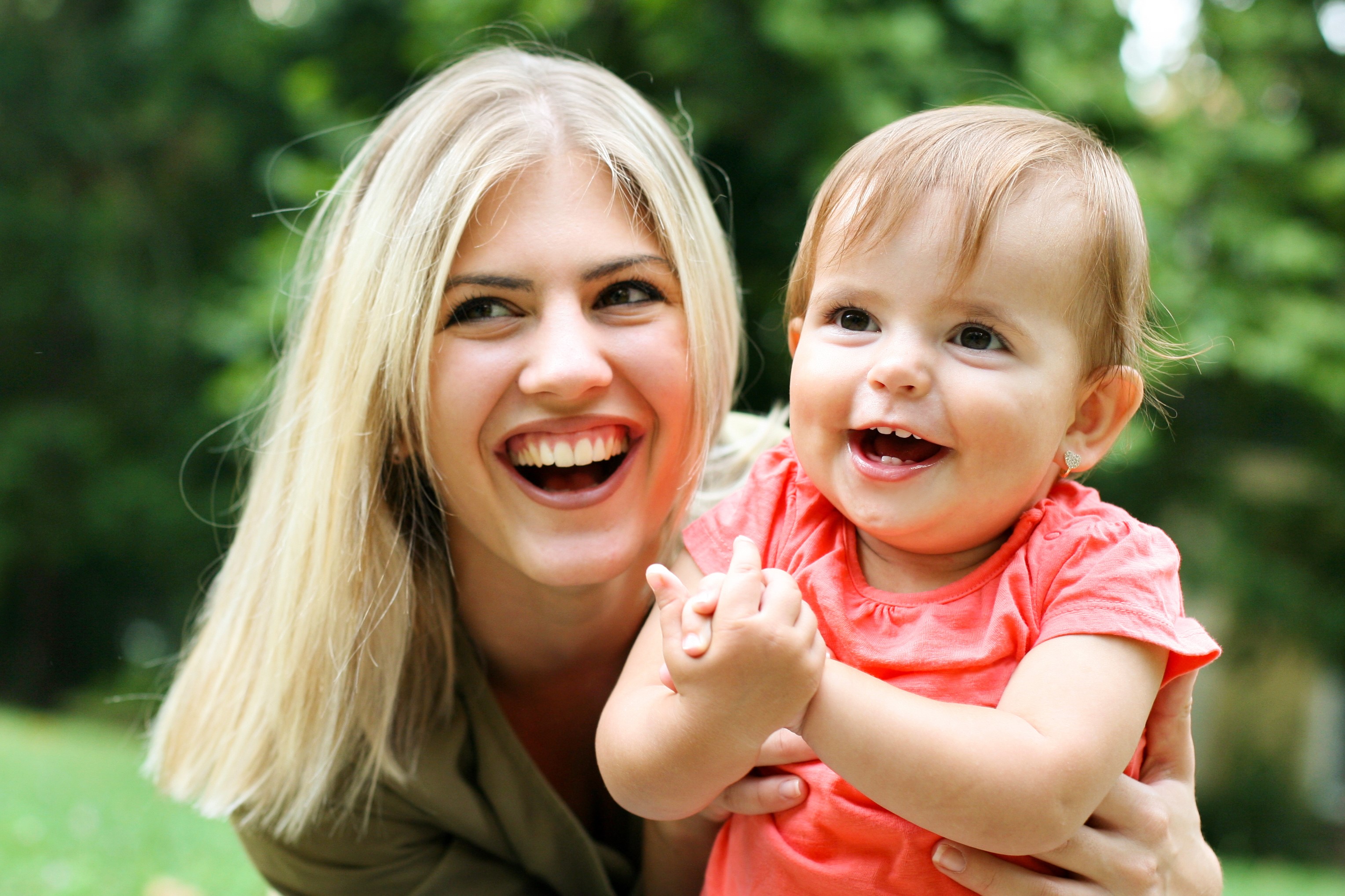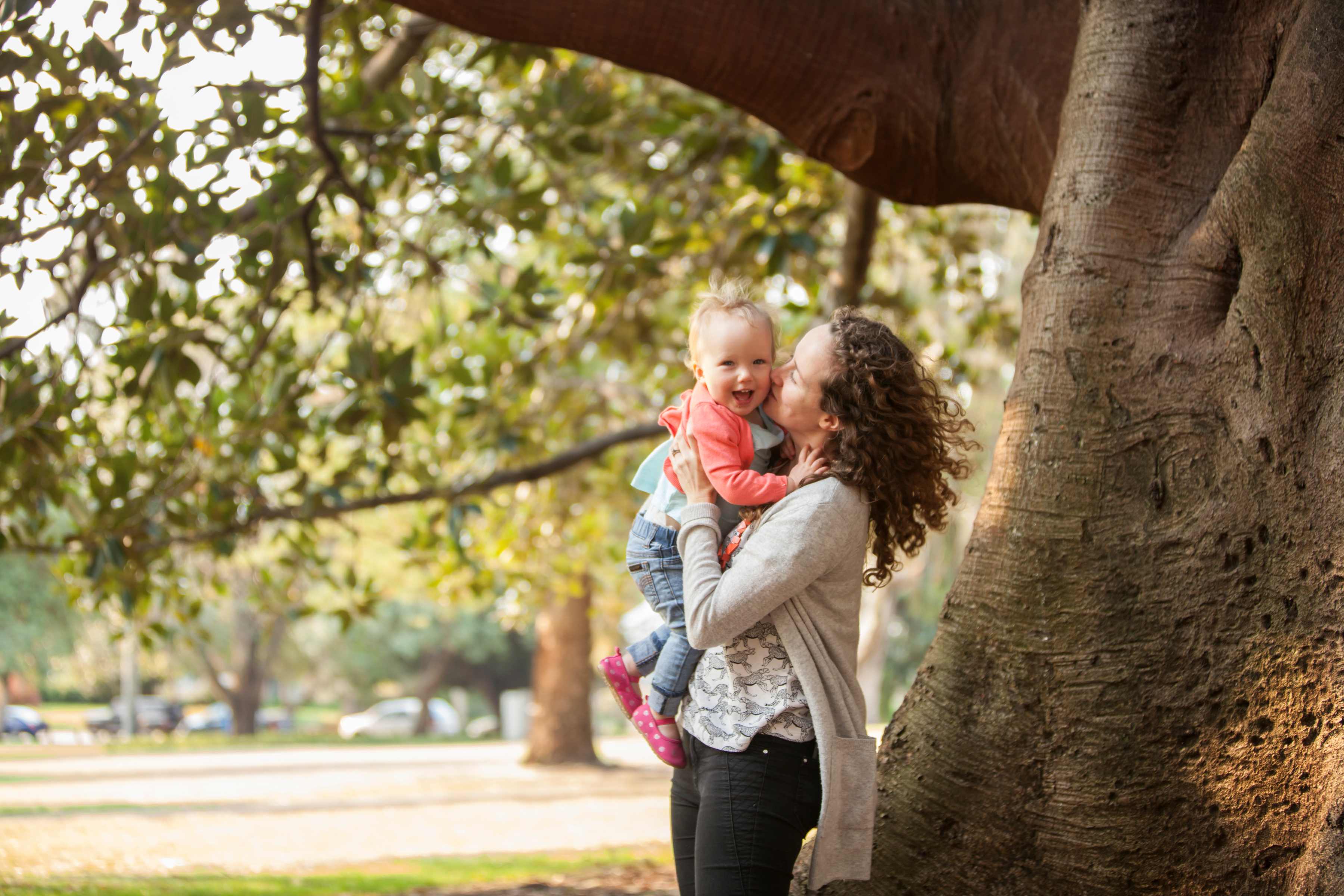Search
Research
An international survey of cerebral palsy registers and surveillance systemsThese findings will facilitate harmonization of data and collaborative research efforts, which are so necessary on account of the heterogeneity and...
Research
How well can poor child development be predicted from early life characteristics? A whole-of-population data linkage studyA targeted program would have the potential to prevent one-quarter of the cases of being vulnerable on two or more AEDC domains at age five
Research
Soft neurological signs and prenatal alcohol exposure: A population-based study in remote AustraliaSoft neurological signs were more common in children with prenatal alcohol exposure or FASD, consistent with the known neurotoxic effect of PAE
Research
Maternity-care: measuring women’s perceptionsDevelopment of an instrument to assess women's perception of their entire maternity-care experience
Research
Comparing risks of cerebral palsy in births between Australian Indigenous and non-Indigenous mothersIndigenous infants have a higher risk of CP than non-Indigenous infants, especially postneonatal CP.
Research
Longer-term increased cortisol levels in young people with mental health problemsHair segment analyses revealed longer-term increased levels of cortisol in the past 3 months in early mental health problems
Research
Lipoprotein lipase deficiency presenting with neonatal perianal abscessesEvidence for potential deleterious effects of hypertriglyceridaemia on immune function, however, underlying mechanisms are poorly understood

Researchers from The Kids Research Institute Australia would like to understand more about respiratory syncytial virus (RSV) and how we can provide the best protection for kids.
Vaccine Trials Group with Sir Charles Gairdner Hospital is conducting a trial of a vaccine against Clostridium difficile infection (CDI) in at-risk individuals.

Researchers at The Kids Research Institute Australia are studying a new pneumococcal vaccine designed to provide a broader protection for 21 serotypes of the bacteria S. pneumoniae – 8 more serotypes than the current vaccine given to new babies.
